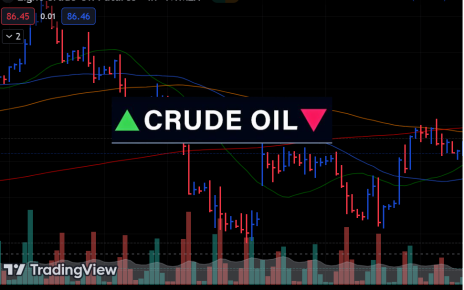- Signs of a slowing economy increased recession concerns.
- US factory orders dropped for a second consecutive month.
- Job openings in the United States went down to their lowest level in two years.
Tuesday saw a lower closing price for US equities as signs of a slowing economy increased concerns that the Fed’s efforts to contain decades-high inflation may trigger a severe recession.
All three main indices declined as data revealed factory orders dropped for a second consecutive month. Job openings in the United States went down to their lowest in two years in February, indicating that the labor market was cooling.
Data from Monday also suggested that American industrial activity was declining.
People are concerned that hiring is moving too slowly and will harm the economy because fewer job opportunities exist. Sal Bruno, Chief Investment Officer at IndexIQ in New York, says these feeds into recessionary worries.
Bank stocks fell after JPMorgan Chase & Co. CEO Jaime Dimon cautioned shareholders that the US banking crisis is ongoing and its effects will last for years.
Trading in interest rate futures reveals higher odds of the Fed pausing its rate increase in May. Bets of a 25bps hike have dropped to 42% from nearly 60% before the data. This indicates a shift in market sentiment.
Heavyweight energy stocks dropped on concerns about oil demand following weak economic data in the US, which contributed to a drop in European shares on Tuesday. At the same time, producers’ prices in the Eurozone fell in February for the fifth straight month.
Oil majors, including Shell, BP, Tenaris, and TotalEnergies, saw their share prices fall between 1.0% and 2.5% as crude prices lost some of their early gains. This followed news that US manufacturing output fell to its lowest point in nearly three years in March as new orders plummeted.
Britain’s commodity-heavy FTSE 100 fell 0.5%, breaking a six-day winning run and lagging major markets.
According to an ECB survey, consumers in the Eurozone also decreased their expectations for inflation in February and increased their optimism regarding jobs and growth.
Meanwhile, producer prices in the Eurozone declined in February for the fifth straight month and by a larger amount than anticipated, largely due to falling energy prices.
Producer price changes are an early indicator of inflationary trends because they are frequently passed on to final consumers.





